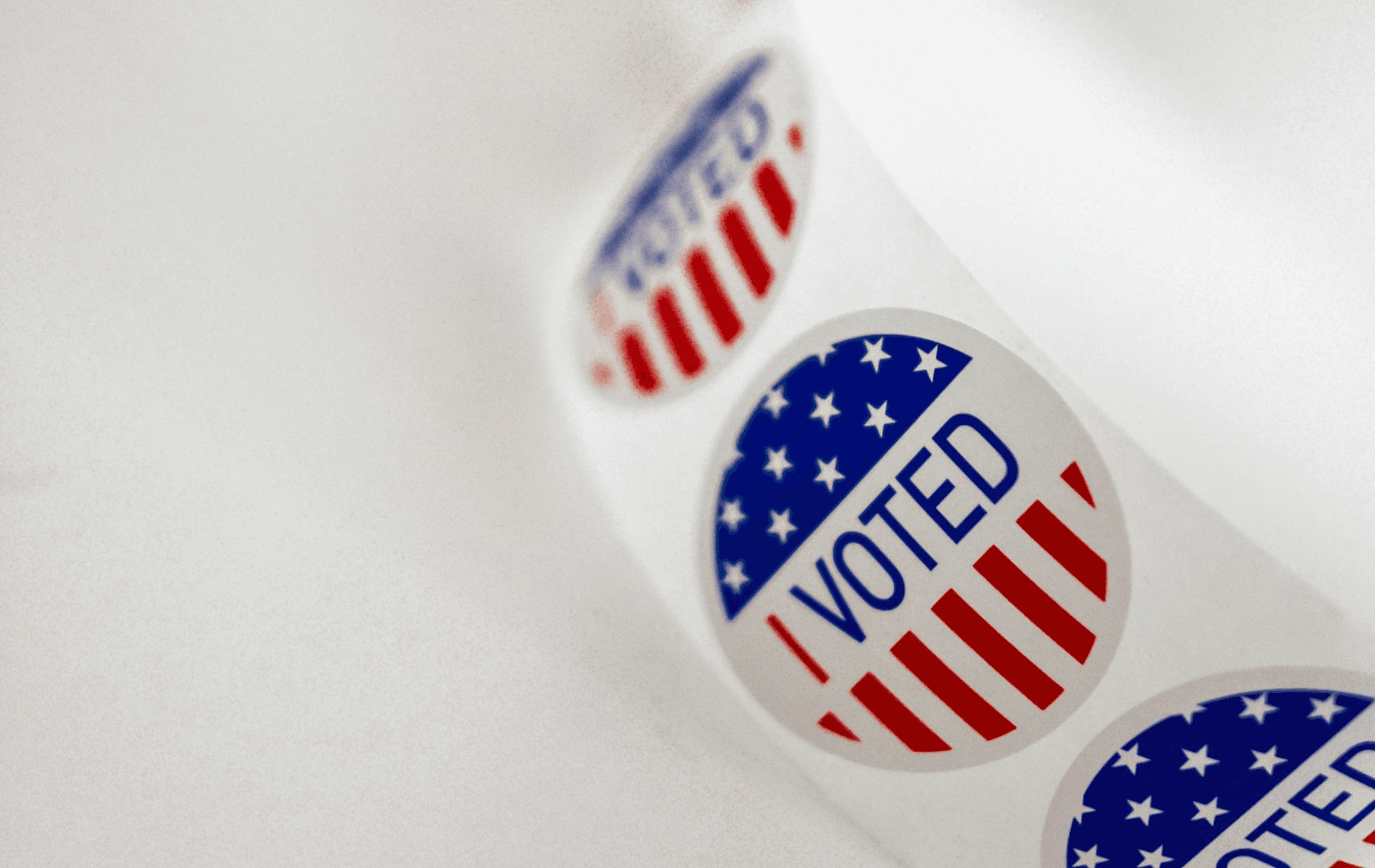'Final Four' Primary Initiative in Idaho Set for Ballot Approval

Photo Credit: Element5 Digital on Unsplash
An initiative that would ensure equal voting rights for 270,000 independent voters in Idaho is all but certain to qualify for the November ballot. The Idahoans for Open Primaries coalition exceeded 90,000 signatures for its "Final Four" elections initiative days before the May 1 deadline.
The Final Four reform would transform state elections in two major ways. It would replace its closed partisan primary system that has been in place since 2011 with a nonpartisan primary in which all voters and candidates, regardless of party, participate on a single ballot. The top four vote-getters would then move on to the general election.
Then, voters would have the option to rank the top four candidates in order of preference using ranked choice voting. This would ensure that a candidate does not win an elected position with a simple plurality (less than 50% of the vote).
The initiative needs approximately 63,000 valid signatures, including 6% of registered voters from 18 of Idaho's 35 legislative districts. Supporters will end up submitting around 30,000 more than they need -- which is ample buffer in the event some signatures are determined to be invalid.
“It feels like we have built an incredible amount of momentum, and based on the conversations we have had with voters across the state it’s clear that we have a path to victory in November,” said Reclaim Idaho co-founder Luke Mayville. Reclaim Idaho is part of the Idahoans for Open Primaries coalition.
For many supporters, the most important thing the Final Four initiative would accomplish is equal voting rights for registered independent voters in the state. These voters make up nearly 30% of the voting population, and yet they are denied access to the most critical stage of the elections process.
Idaho is dominated by a single party. Both of its congressional seats are held by Republicans -- as are its US Senate seats. Republicans also hold 80% of the state's legislative seats. Thus, in most instances, the GOP primary acts as a general election.
And yet, the Republican Party of Idaho has restricted access to its primaries to party members only. This has left independent voters with no say in who represents them at the state and federal levels.
“Far too many independent voters are being excluded from voting in the most…competitive primary elections and then a whole lot of voters feel like when they show up to vote they just don’t like the quality of the choices that are on their ballot,” said Mayville.
Even Republican leaders know how unfair the current system is to voters. More than 120 prominent Republicans have joined the coalition to pass Final Four, including former Gov. Butch Otter, who said every voter "should have the right to weigh in on choosing our leaders."
If the initiative is approved by voters, Idaho would join a voter revolution that includes states like Alaska, which has already adopted a Final Four system, and Nevada, where a Final Five system could be approved by voters in November. A majority of Nevada voters already voted in favor of the proposal in 2022.
The number of campaigns and groups popping up across the country to support similar reform continues to grow, from California to Arizona to Wisconsin to Florida.
 Shawn Griffiths
Shawn Griffiths




